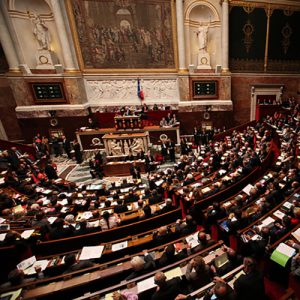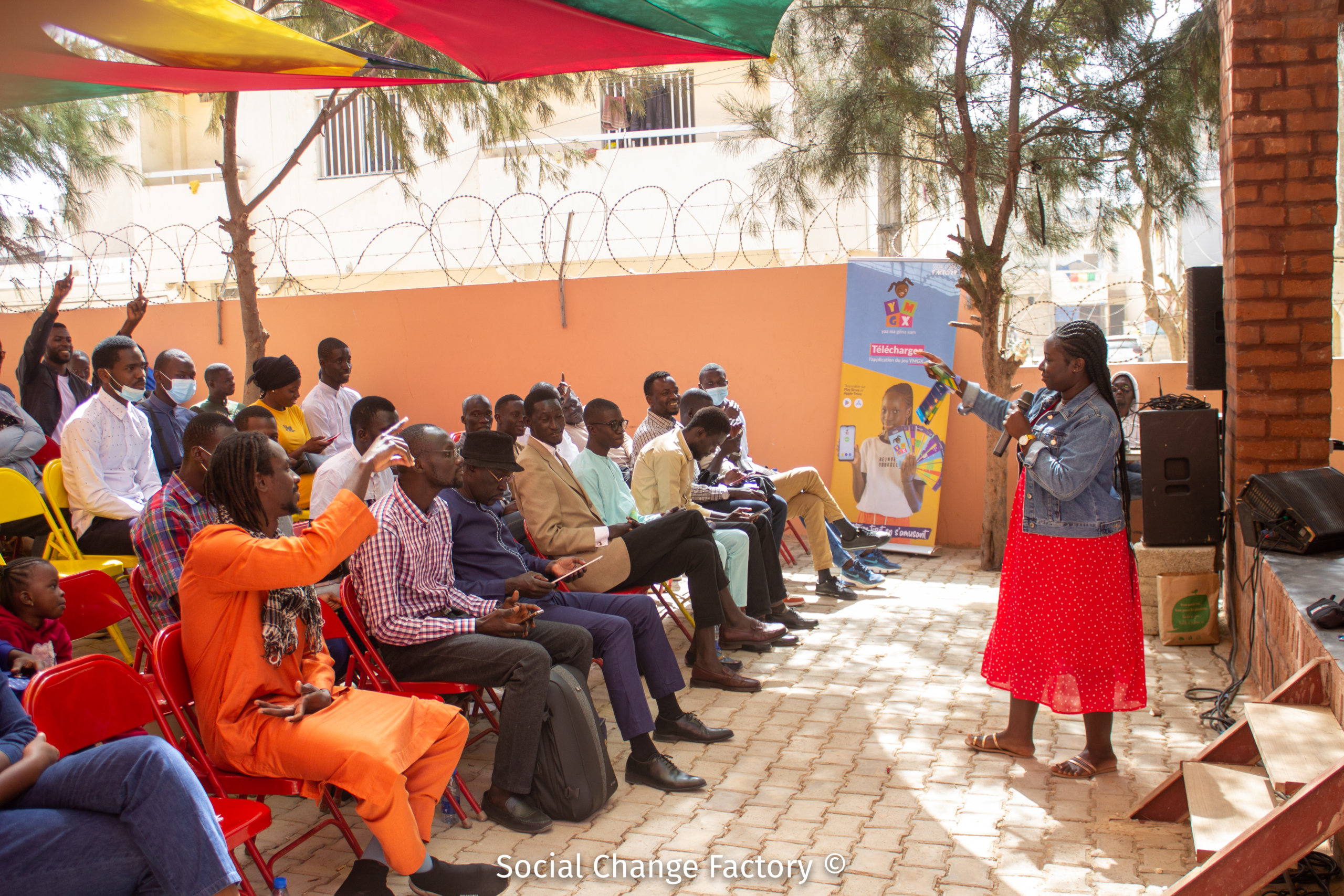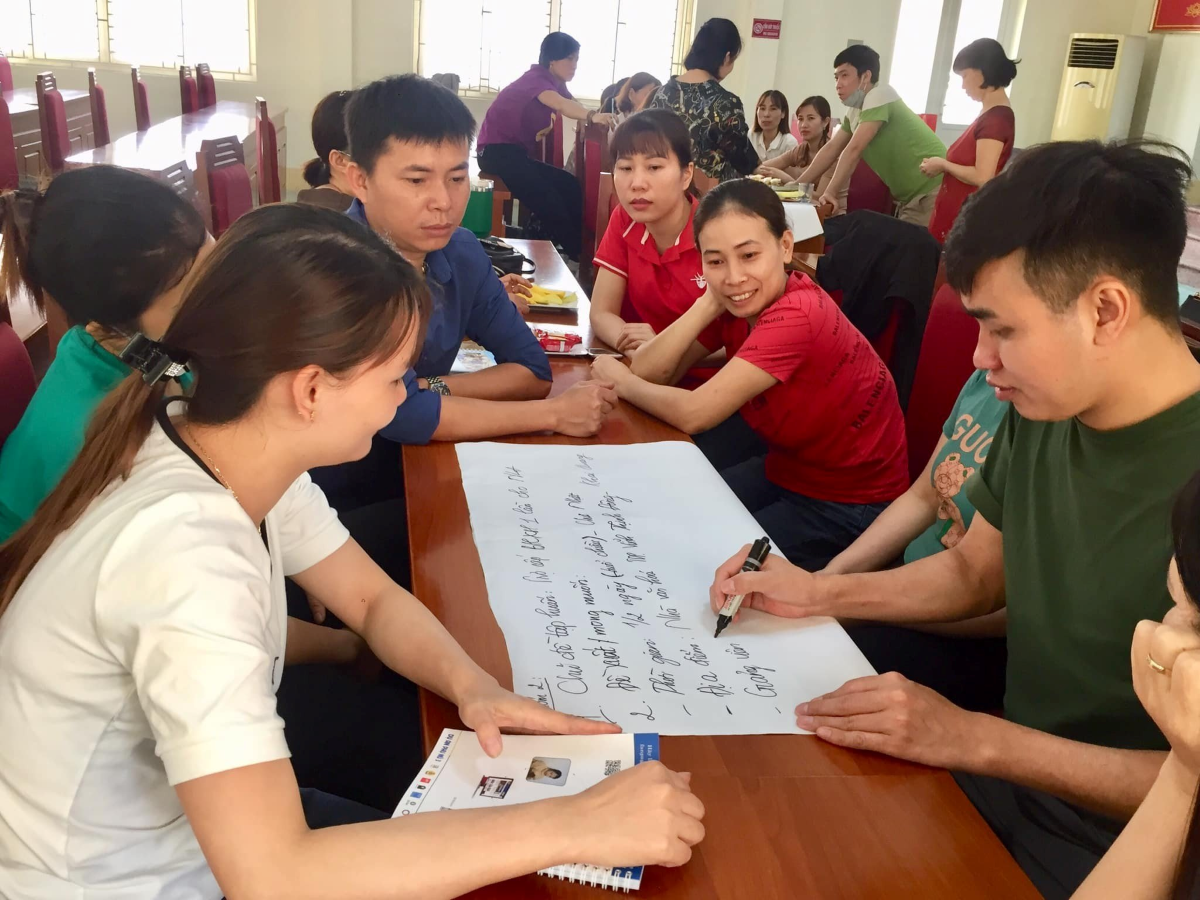The law on orientation and programming for development and international solidarity policies (LOP-DSI), adopted by the French parliament in 2014, is to scheduled to be revised this year. What are the issues? What stage is the policy development process at? What are the main concerns and requests expressed by NGOs?
It has taken more than fifty years after the last colonies became independent for French overseas cooperation to finally define a legal framework. The LOP-DSI, better known as the Canfin Law, was adopted in July 2014. Prepared in very good conditions, after three months of sessions and a real open debate – in which GRET and Groupe initiatives (Gi) were particularly involved – this law defined general French policy on cooperation for the first time.
Very soon, this law will become obsolete. When it was created, it was agreed that it would be revised five years after its enactment, i.e. in 2019. The time has come, and work in this regard is already well underway. International solidarity associations are actively contributing to the discussions, via a work group set up by Coordination SUD, and via the French National council for development and international solidarity (CNDSI). “The 2014 law created a structure for consultation – the CNDSI – made up of various colleges with the French ministry of Foreign Affairs and Europe. This structure brings together approximately fifty people and is very similar to the old French High Council for international cooperation”, explains Pierre Jacquemot, chairperson of GRET and of Gi, who is also very involved in the CNDSI NGO college.
The process currently underway
The new law will be presented in April, for adoption by the French parliament in July or after the summer break. But before reaching parliament, the text must first be examined by the CNDSI, the French Economic, social and environmental council (CESE), by the French State Council and by the Council of ministers… This process is coordinated by the Ministry of European and Foreign Affairs, by means of questionnaires and consultation meetings with local stakeholders.
The drawing up of the document – made up of a rather brief text divided into six sections and a very substantial appendix – was supported by several parliamentarians, in particular deputies Hubert Julien-Laferrière, Rodrigue Kokouendo, Bérengère Poletti and Hervé Berville. The latter authored a report commissioned by the French President (in french), constructed after six months of consultation and warmly received by civil society organisations. For Pierre Jacquemot: “Deputy Berville’s diagnosis of the state of affairs is correct, and his proposals are a step in the right direction. Nevertheless, there are still a few gaps, particularly in the area of research.”
Avenues for possible improvements
Although the 2014 law filled a legislative void, several reproaches could be made regarding it, in particular the fact that it is not an actual programming bill. It is regrettable that there is no political trajectory or backing (since 2017, France no longer has a ministry of Cooperation and Development).
The first preoccupation expressed by both Coordination SUD and the CNDSI is therefore the confirmation of the absolute necessity to make this law a programming bill and to include in it the governmental obligation to increase the amount of official development assistance (ODA) to 0.55 % by 2022, and then to 0.7 % in 2025. A second demand concerns the allocation of ODA: civil society organisations and local authorities should be able to benefit from larger sums to fulfill their mandates and implement projects that have a strong social impact, are efficient and significant. On the one hand, it would be necessary to ensure that the total amount of financial transactions tax (FTT) be allocated to development assistance, and on the other hand, make donations widespread rather than loans. The percentage of assistance that currently transits through French NGOs is very residual (3 to 4 %), whereas in most other European countries this figure is 15 %. In 2016, the portion of assistance transiting through NGOs was 200 million euros in France, 2.4 billion in Great Britain and 5.2 billion in Germany. “It is not just a question of figures. It is also about recognition of our expertise and of the effectiveness of our work with local partners. The role we play in design and implementation must be clearly translated into the law”, explains Pierre Jacquemot. Philippe Jahshan, chairperson of Coordination SUD, also recently recalled in a press release: “French NGOs will watch closely to ensure that this commitment is included in the law and that the extra-budgetary nature of innovative funding be protected.”
Another priority is vocabulary. It is high time that certain terms be revised. The word “assistance”, in the expression “Official development assistance” for example, no longer corresponds to current dynamics. It is charged with a charity-based, unilateral, directive, condescending connotation between those who give and those who receive. For Pierre Jacquemot, “it would be preferable to use terms such as “shared exchanges” or “solidarity partnerships”, which would better convey our conception of the relationship with developing countries. I am also advocating for the return of words such as “co-operation” or “co-development”, and for the implementation of procedures for decentralised dialogue at embassy level, in order to better ascertain requirements”.
Among the other recommendations:
- think in terms of stakeholders, rather than in terms of sectors;
- do not measure the effectiveness of assistance based solely on quantitative criteria. This is all the more delicate when we work on behavioural changes, which are, by their very nature, difficult to assess in numbers. There are other guarantees of effectiveness, such as the upstream involvement of partners and stakeholders working on the project;
- no longer think in terms opposing NGOs in developed and developing countries. There is no centre or periphery. GRET’s projects, for example, include both local and European partners. 80 % of GRET’s experts are local staff, who have the benefit of intimate knowledge of requirements and embody preoccupations in the field;
- lastly, do not neglect research, which is currently considered the poor cousin. An alliance between research and actions in the field is absolutely necessary, if we want to constantly adapt and continue to innovate.






